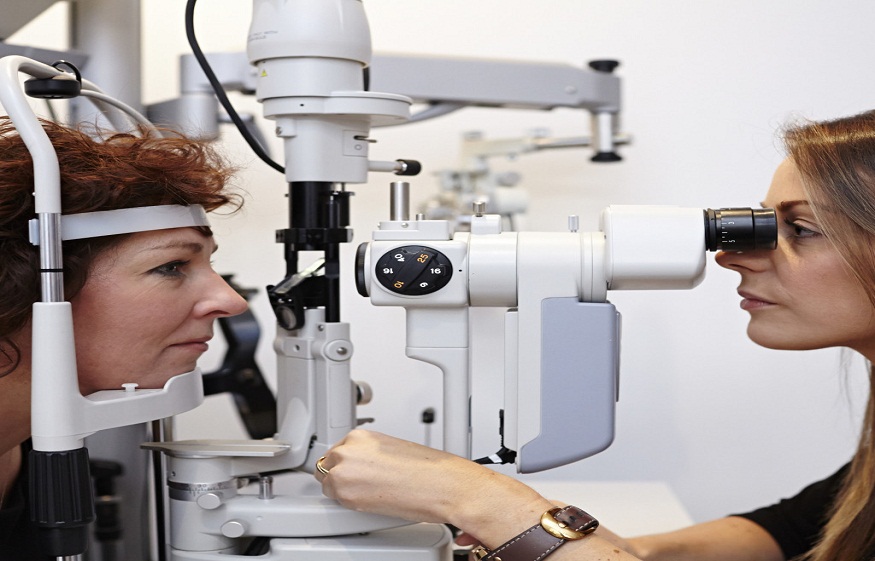While chatting with your friends, do you realize that you don’t take enough time for yourself during the week? Does the metro-work-sleep rhythm hit you on the system and play on your morale? We explain how to take care of your mental health!
How to take care of your mental health on a daily basis? By what means? Our 8 recommendations!
Cultivating positive mental health and taking care of your mental health is done on a daily basis. Simple gestures integrated into our daily routine can improve the quality of life. We give you 8 tips to cherish your mental health:
Set simple, easy and achievable goals. And above all, take the time to take stock and congratulate yourself before setting a new goal.
Have you considered meditation or yoga? Practice either for several minutes a day or upon waking, focusing on the present moment.
Be active and engage in regular physical activity. A weekly 30-minute walk can be enough to have a soothing effect. Sport helps to improve self-esteem. The important thing is that you enjoy your physical activity and do you good!
Do leisure activities that make you happy and feel good. Try new things! Give yourself time to do them. You can even share them with your entourage. It could also make it possible to develop friendships or weld existing ties!
Get enough sleep. If you’re struggling to fit in your nights, adopt a sleep routine to learn how to sleep well .
In fact , mental health matters as much as physical health.. Worse still, it has long been stigmatized! Even if mental health is today fortunately discussed, it remains a taboo subject. This is why we must continue to talk about it in order to raise awareness about the importance of taking care of it!
What is the link between well-being and mental health?
Indeed, mental health is essential to the state of overall well-being! It cannot be removed from physical health, at the risk of developing mental health disorders .
Overall well-being is also at the heart of the concept of mental health, defined by the WHO as “a state of well-being in which a person can fulfill himself, overcome the normal stresses of life, perform productive work and contribute to the life of his community. »
An individual’s mental health varies over time, depending on the events that occur in their life. The fluctuation of our morale in the face of the arrival of winter or a heartbreak is quite natural.
What is good mental health?
The first thing to know is that there is no good or bad mental health. As we have seen, mental health is a state of overall well-being that we must cultivate on a daily basis.
We can therefore speak of positive mental health, a term increasingly used to raise awareness about mental health. Positive mental health is an ability to think, reflect and act in ways that improve our quality of life and our harmony.
Work is an important sphere of our daily life, which contributes to our harmony. It is therefore essential to take care of your mental health at work as well. Especially when you spend time there!
The first should not encroach on the second, and vice versa. Our work environment plays a major role in our development. Various factors can come to disturb it and cause stress at work , among which a relational conflict (with a superior or a colleague), an overload of work or a lack of support from management.
Taking care of your mental health with Covid-19
It’s been two years since Covid-19 came to shake everyone’s certainties and habits. For two years, we lived hidden, and learned to live without touching, kissing or hugging. More so, we had to learn to live without seeing our family members or friends, and to work or study from home. For others, Covid-19 has had serious financial and economic consequences.
Covid-19 has been a source of stress, dread and fear that has challenged our mental health. This is particularly valid for the elderly, who have experienced isolation and who may have experienced a strong feeling of loneliness.
In addition, with the sanitary measures, many activities related to mental health have been eliminated. This means that the population had to face a stressful event, being less equipped, and therefore having to adapt by finding new ways to take care of their mental health.



